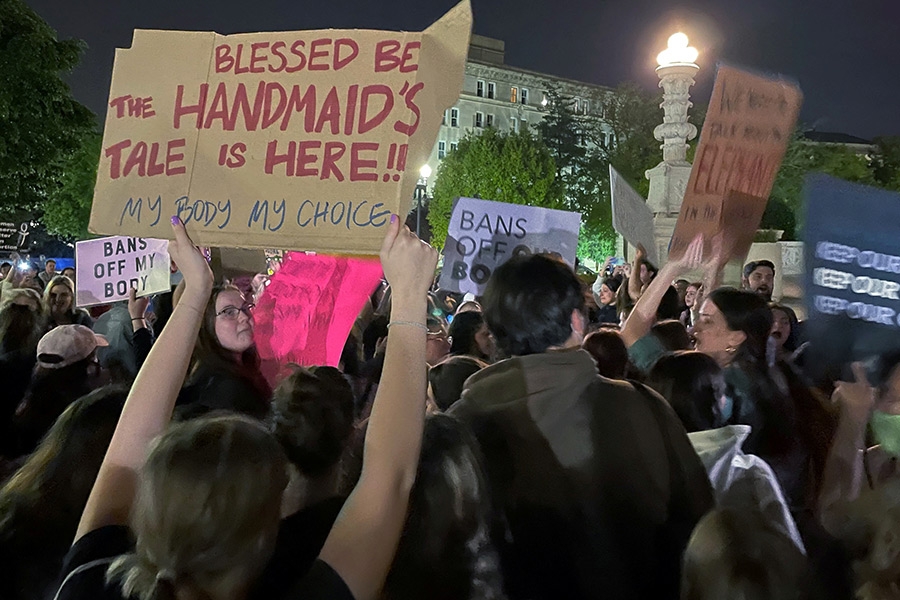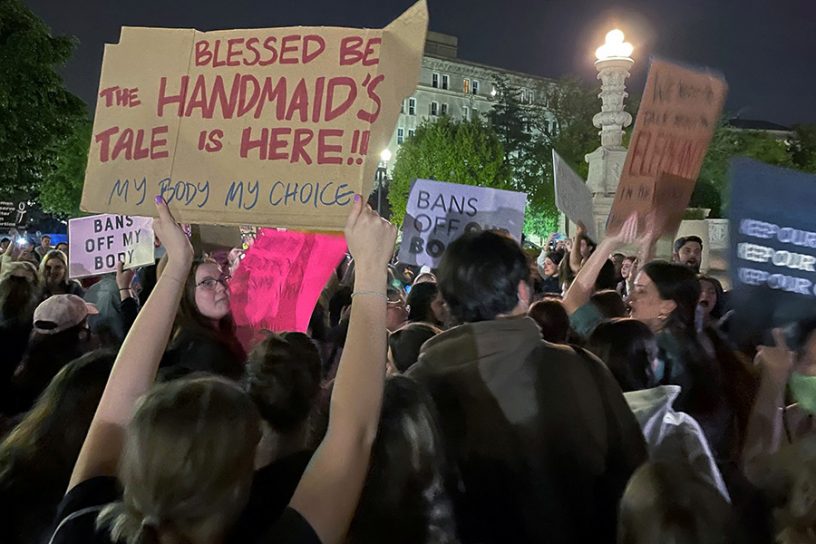
This decision may not only transform American life or reshape the nation’s politics or the lives of American women – but may go on to have serious implications for people who are pro-choice, the right to abortion and socio-legal movements that are centred on reproductive rights across the globe, says the author.
Author
Deepanshu Mohan, Associate Professor of Economics and Director, Centre for New Economics Studies (CNES), Jindal School of Liberal Arts and Humanities, O.P. Jindal Global University, Sonipat, Haryana, India.
Summary
“Liberty finds no refuge in a jurisprudence of doubt.” These words opened the Supreme Court’s 1992 Planned Parenthood vs Casey opinion, in which the court sought to clarify, and ultimately settle, the controversy surrounding its landmark abortion-rights decision, Roe vs Wade. However, a brief assessment of the legal state of abortion rights in the US now reveals that the court has failed to settle much of anything.
The US Supreme Court on Friday issued a ruling on Dobbs vs Jackson Women’s Health Organization, overruling Roe vs Wade, eliminating the constitutional right to abortion after almost 50 years. This decision may not only transform American life or reshape the nation’s politics or the lives of American women – but may go on to have serious implications for people who are pro-choice, the right to abortion and socio-legal movements that are centred on reproductive rights across the globe.
The ruling may also lead to all but total bans on the procedure of abortion in about half the US states.
Before one interprets the jurisprudential, socio-legal implications of the Supreme Court announcement – a few months after its own draft verdict was leaked – a little bit of context may be needed for those less aware of the issues underlining this SC decision.
Dobbs vs Jackson is the court case over Mississippi’s state law that banned abortion after 15 weeks. A lower court in the state struck the law down as unconstitutional because Roe vs Wade protected a pregnant person’s right to an abortion prior to fetal viability, generally considered to be around 24 weeks.
Mississippi appealed the lower court’s ruling, and the case went to the US Supreme Court. Dobbs vs Jackson is the first time since 1973 that the court has ruled on the constitutionality of banning abortion before viability.
Published in: The Wire
To read the full article, please click here.


